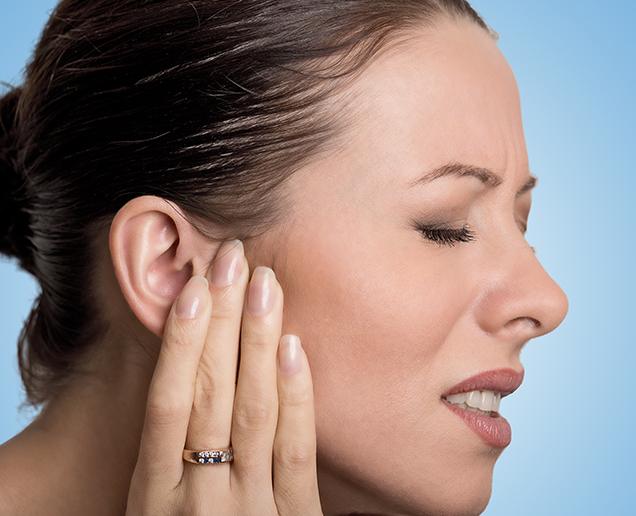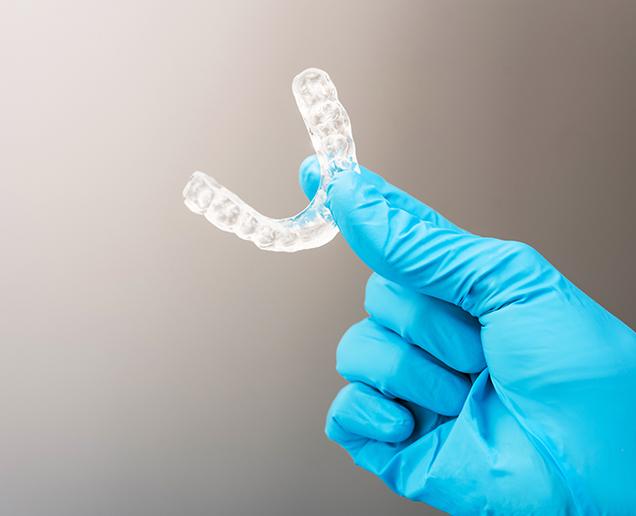If you suspect that you may be suffering from bruxism, it is important to seek treatment to prevent long-term damage to your teeth and jaw. The Southdale Square Dental Centre is here to help! If you have any questions about Bruxism or you would like to set up a consultation with one of our dedicated team members, please contact Southdale Square Dental Centre at (204) 253-6140 and we will be happy to help!
Your Trusted Choice for Bruxism in Winnipeg for Over 35 Years

Bruxism, a condition involving the grinding of teeth and clenching of the jaw, is a common issue that many people experience at some point in their lives. These involuntary habits can occur both during the day and at night, often as a response to stress. Bruxism is one of the most common sleep disorders, and when left untreated, it can lead to significant dental and jaw problems. At Southdale Square Dental Centre, we understand the impact of bruxism on your overall health, and our dedicated team is here to provide effective treatments to help manage this condition and improve your quality of life.

What is Bruxism?

Bruxism refers to the involuntary grinding and clenching of the teeth, often caused by stress or an abnormal chewing reflex. It typically happens during sleep, though it can also occur while awake. People with bruxism often grind their teeth from side to side or may tightly press the upper and lower teeth together, placing strain on the jaw muscles and the temporomandibular joints (TMJ), which can result in pain, discomfort and damage to the teeth.

Why Treat Bruxism?

Bruxism can lead to several serious dental and health issues if left untreated, including:
- Gum Recession and Tooth Loss: Grinding and clenching can directly damage the soft tissue of the gums and lead to loose teeth.
- Occlusal Trauma: Excessive grinding can cause abnormal wear patterns on the teeth, resulting in flat teeth, fractures and the need for restorative procedures.
- Arthritis: Chronic bruxism can cause arthritis in the temporomandibular joints (TMJ), which affects the jaw’s ability to open smoothly.
- Myofascial Pain: The grinding can lead to muscle pain, particularly in the jaw area, causing headaches and tension in the facial muscles.

Treatment Options for Bruxism

While there is no definitive cure for bruxism, there are several treatment options available to alleviate its symptoms and prevent further damage:
- Mouthguards: Custom-made acrylic mouthguards help prevent tooth damage by cushioning the teeth during sleep, minimizing grinding and stabilizing the bite.
- Therapeutic Dysport®: Injections of Dysport®, or other neuromodulators like Botox®, can relax the jaw muscles, reducing the force of grinding without affecting everyday functions like speaking and chewing.
- Other Methods: Relaxation exercises, physical therapy, stress management techniques and biofeedback can also help control bruxism. For those who experience severe damage, restorative treatments like crowns or gum grafts may be required to restore the smile.

We look forward to hearing from you soon!
Call Southdale Square Dental Centre at (204) 253-6140 to book your Bruxism appointment today. Our friendly team is here to provide you with the care you need and the smile you deserve!
